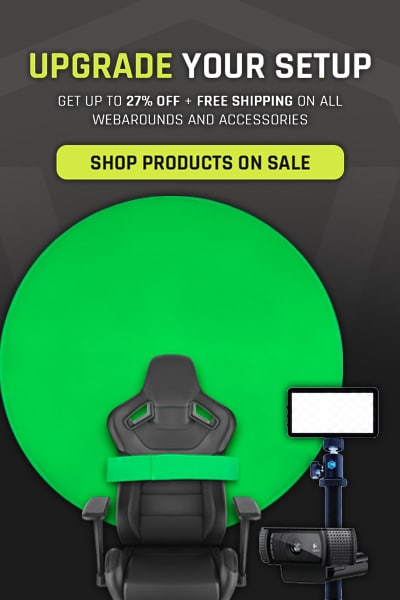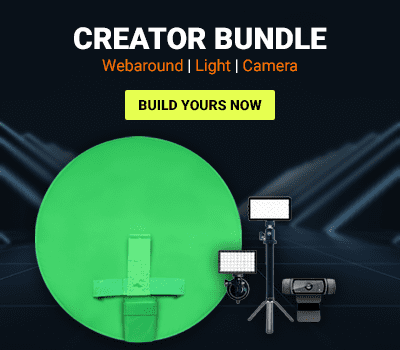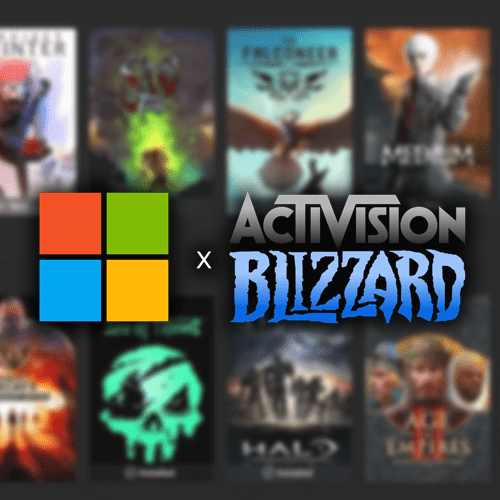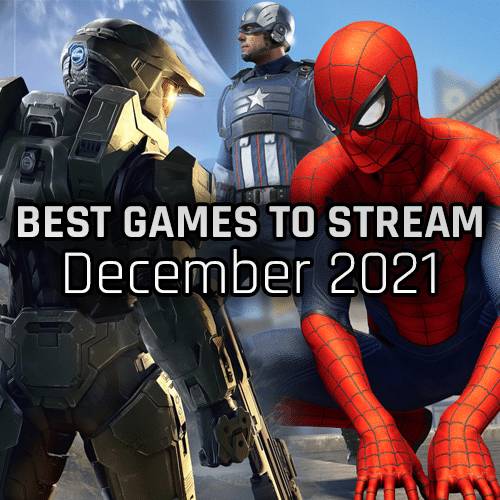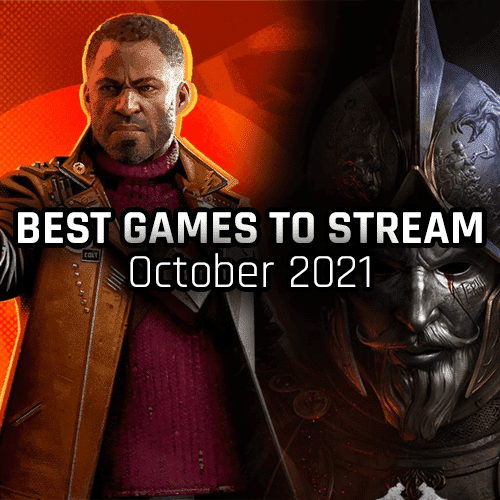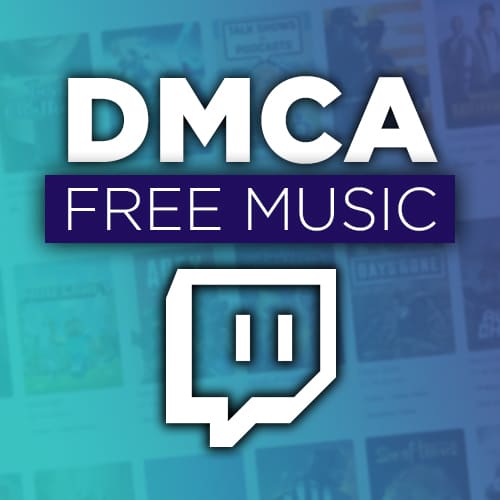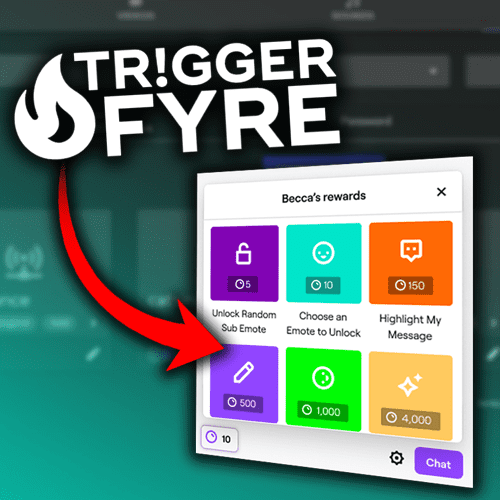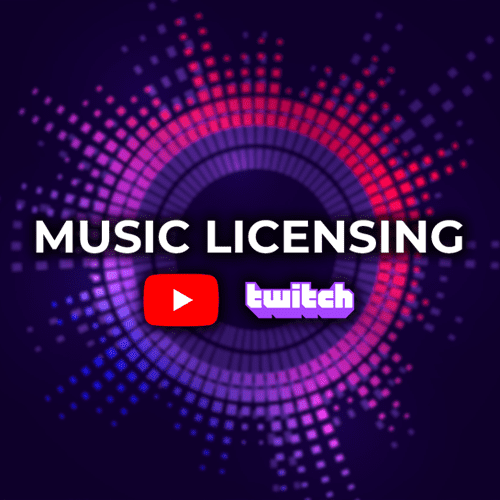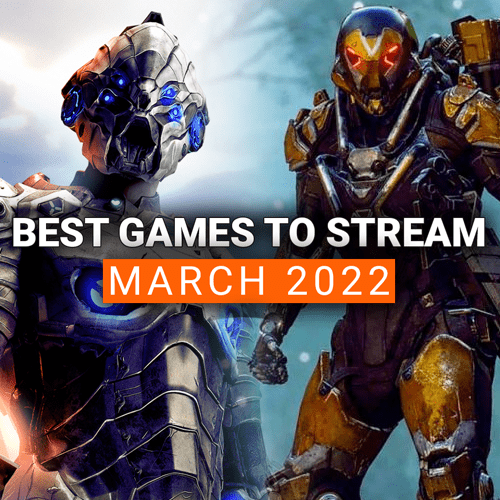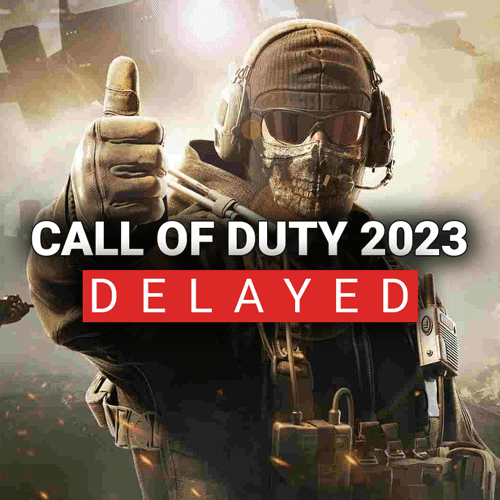Playing music on stream or in a YouTube video is risky. For years, creators on YouTube and Twitch played music without much worry, until it finally came to a head in 2020. Creators of all sizes started to get hit with DMCA strikes that put their entire channels at risk of being permanently banned. This changed the landscape of what was allowed in streams and videos forever.
The general rule of thumb for any content creator is to only play music that is copyright free or that you own the license to use. If you are playing music without this, you risk getting strikes that can lead to your account being shut down permanently. Both Twitch and YouTube are standing firm on the need for music licensing.
But between the two giants of Twitch and YouTube, music licensing operates a bit differently. Today, we are going to go over how music licensing works on both platforms, the risks you take with playing copyrighted music, and how to avoid getting copyright and DMCA strikes on your account.
Twitch Music Licensing
After creators began getting swarmed with DMCA Strikes in 2020, Twitch has been taking a huge stand against copyrighted material. This makes it extremely important for streamers to only use material that you have full rights to. Twitch takes two major actions when copyrighted music is being used in stream, Muted VoDs and DMCA Strikes. It’s important to know them both so you can handle each in the correct way.
Muted VoD
Like YouTube, Twitch has a system that scans VoDs and mutes sections of them when copyrighted material is used. This protects both Twitch and the creator from receiving a DMCA strike and can be appealed and unmuted if you own the rights.
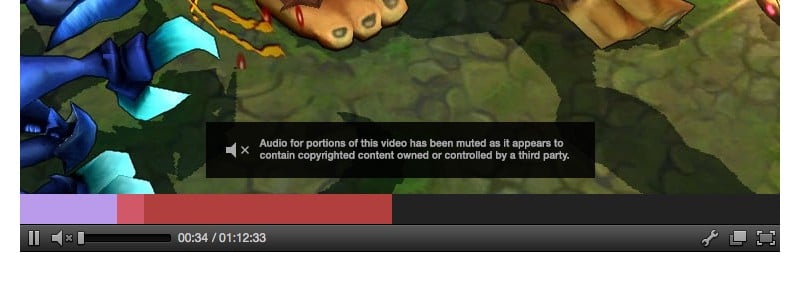
Having a VoD muted doesn’t mean that you received a DMCA Strike. However, you should be aware of what got that portion muted and aim to not use it in future content.
DMCA Strike
A DMCA Strike, or Digital Millennium Copyright Act Strike, is an action brought against a creator using copyright material. A DMCA Strike is a formal notice from the copyright owner that is submitted to Twitch and has severe consequences. Typically, the VoD and clips are deleted and the creator is issued a strike to their account. After a certain amount of strikes, your account can be deleted, all content wiped, and barred from creating an account again.
Contrary to popular belief, you can receive a DMCA Strike while live, depending on when the DMCA was submitted. That’s why it’s important to not use copyrighted music or material because you never know who will be watching.
A DMCA Strike can be appealed by the creator if it was issued incorrectly. However, the process can involve courts and lawyers if the individuals cannot come to an agreement. DMCA Strikes do expire from your account, but Twitch does not provide a timetable for the expiration.
YouTube Music Licensing
YouTube takes a different approach to how they handle music licensing. If you use copyrighted music in your content without permission, YouTube issues either a Copyright Claim or Copyright Strike on your account. Let’s go over each of them:
Copyright Claim
A Copyright Claim occurs when you upload a video with copyrighted music in it. The YouTube Content ID system, in conjunction with the rights holder, identifies content that is using copyrighted material and applies a Copyright Claim automatically to the video.
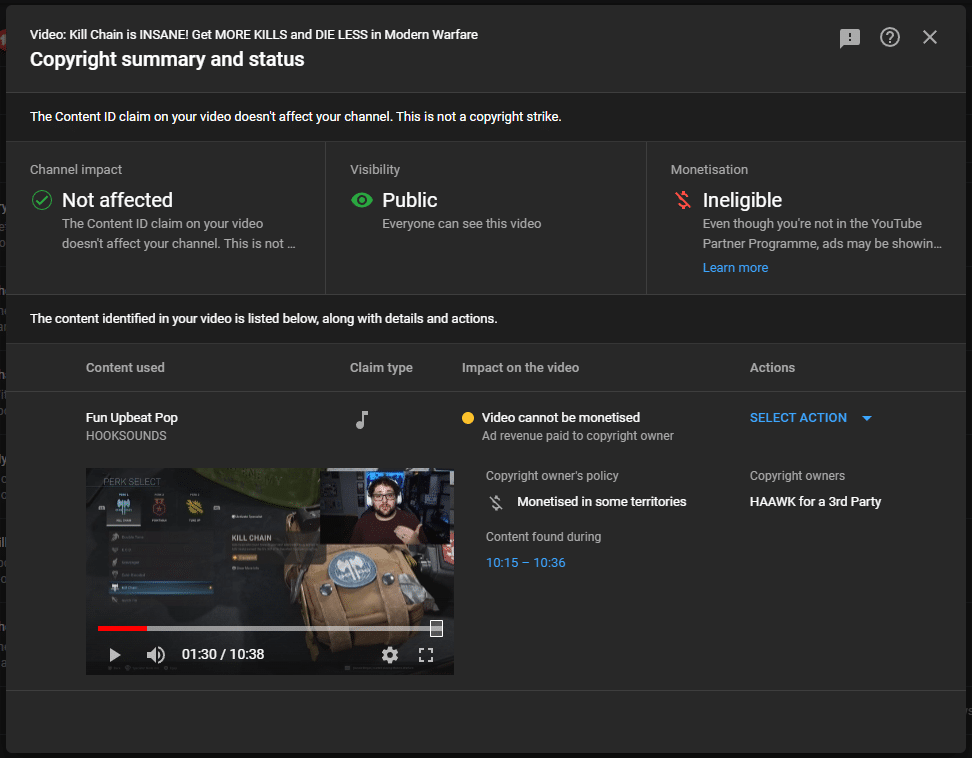
Unlike a Copyright Strike, which you are only allowed three before your account is terminated, you can have multiple Copyright Claims and they don’t affect your account standing. However, you are affected on the monetization, platform, and visibility of the video.
The copyright owners are ultimately the ones who decide if people can reuse their content. In most cases, the owners are ok with you using music, but they might have ads ran on the video as compensation. Some or all of the monetary gains will then be sent to the owner, rather than you. If the owner doesn’t want the content reused period, they can also choose to block the video worldwide or just in certain countries or regions. They also have the option to restrict apps and websites that your video can appear on, excluding YouTube.
Creators have the options to either keep the Copyright Claim on the video, edit the video to remove the copyrighted content, or dispute the claim altogether.
Copyright Strike
A Copyright Strike is a legal takedown request from the copyright owner for using copyrighted content within your video. Your channel is given three Copyright Strikes before your account is permanently terminated, all videos you’ve uploaded are removed, and you cannot create any new channels. The video with a Copyright Strike is instantly removed from YouTube.
While the most severe of the two copyright actions, Copyright Strikes can be contested and will drop off the account eventually. Creators can get a retraction by getting in touch with the person who claimed the video and ask them to retract the infringement. You can also submit a counter notification, but this is where lawyers and official court orders come into play, which can be very expensive. The final action you can do is just wait. Copyright Strikes expire from your account after 90 days.
How to Avoid Copyright and DMCA Strikes
The simplest way to avoid Copyright and DMCA Strikes is to simply not use copyrighted music. You need to ensure that you have full rights to use and monetize anything that wasn’t made by you. If you don’t own it, don’t use it.
There are hundreds of artists that have put their music up as DMCA and Copyright Free like StreamBeats and Pretzel Rocks. We also put together a list of DMCA Free Music that you can use from large artists, which are completely safe to use in videos and streams. We recommend only sticking with these people, even if your content would be better with copyrighted music.

Each platform has tools that can be used to assist with avoiding these strikes. For example, on Twitch, VoDs and Clips can be set to not store themselves after a stream or you can exclude them from publishing based on the category you stream under. For YouTube, they’ve created the YouTube Audio Library to offer copyright free music that can be downloaded for editing or added to your videos in their editor.
Use all of these to help avoid any chances of catching a Copyright or DMCA Strike.
Making sure that you are being careful with copyrighted material is key as a content creator. Especially with music, there are many pitfalls that creators can fall into both on video and while streaming that can completely upend a brand. Knowing the different actions on Twitch and YouTube and how they handle music licensing is a big advantage. This ensures that you are never using anything that can hurt your content.
What do you use for music on Twitch and YouTube? Let us know in the comments down below and we might add them to our list of DMCA Free Music!
And as always, keep on creating and GLHF!

